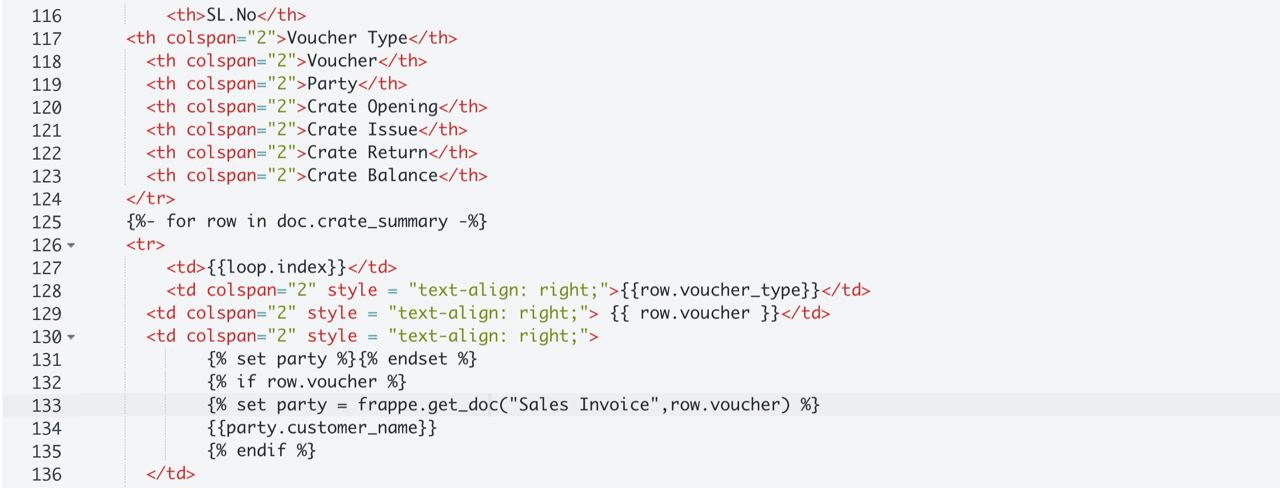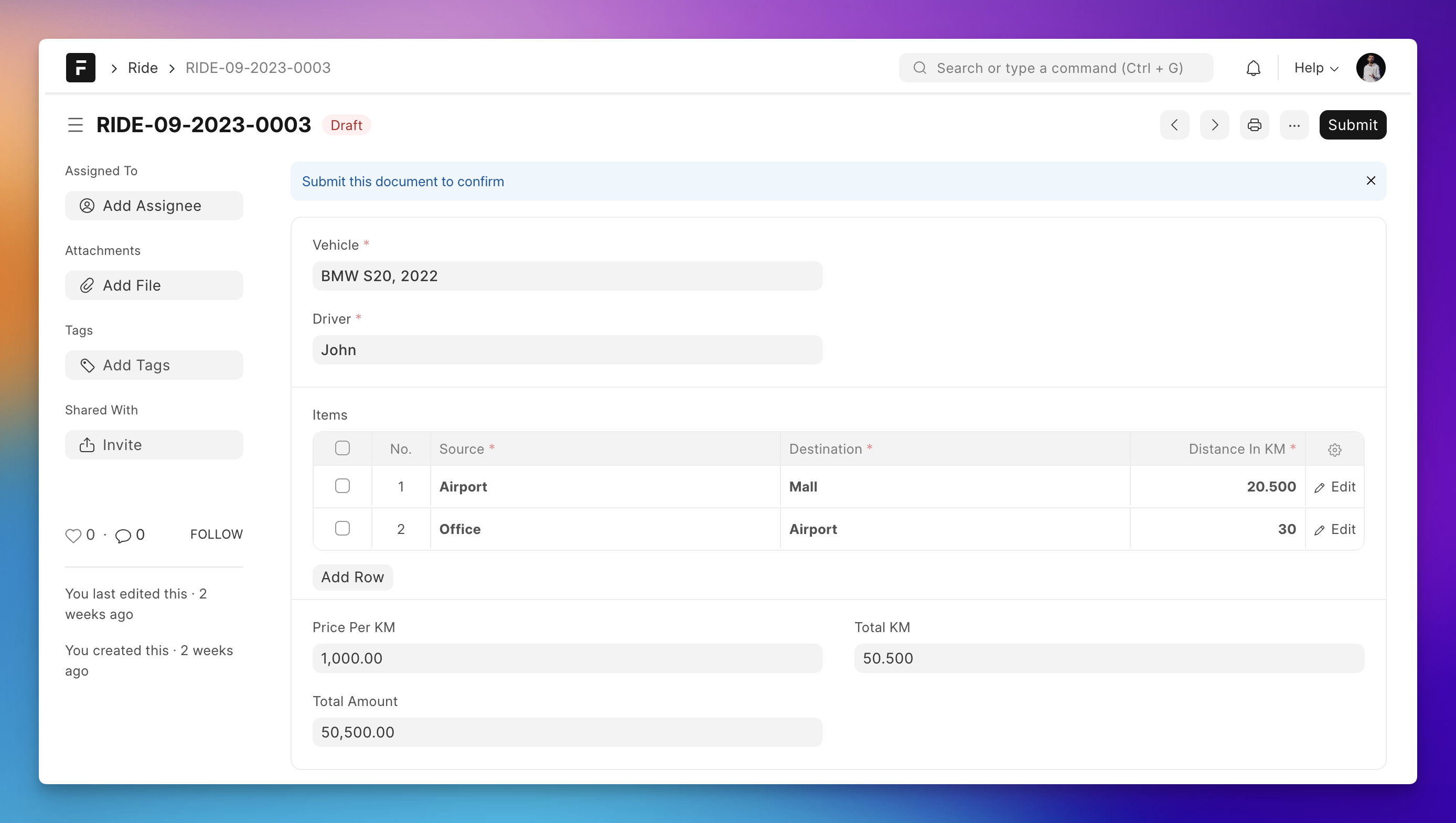Stop using get_doc for everything!
Well, there are other methods too 😉
Introduction
Given the work I have been doing the past few months, I read a lot more code than I write. This article is about everyone's favourite Frappe Python API method: the get_doc and patterns of using get_doc I have seen most when reading custom app code. In this article, I want to discuss why probably you are over/mis-using get_doc leading to inefficient Frappe code and what to do instead.
Getting Field Values
Observe the below code:
def get_airline_website(airplane_name):
airplane = frappe.get_doc("Airplane", airplane_name)
airline = frappe.get_doc("Airline", airplane.airline)
return airline.website_link
Now, go through the below Jinja code snippet:

I have copied this from a Print template in Production use.
So, you might ask what am I trying to point out here. In both the above code snippets, get_doc is being used to get a value of just a field of the document.
Why Not get_doc For This?
When you use frappe.get_doc, it fetches a lot of data for the document including all the fields (1 query) and child table rows (1 query for each child table).
So, basically when you do get_doc for just getting the values of 1 or 2 fields, a lot of unnecessary data is being fetched. This becomes worse as the number of child table in a doctype increases. Now imagine get_doc in a loop like it was in the jinja snippet above 😱
The Right Way
You are better off with using frappe.db.get_value in case you just want values of a few fields of a particular document:
customer_name = frappe.db.get_value("Sales Invoice", si_name, "customer_name")
The above line will only fetch the customer_name field using a single database call. You can even get multiple fields using this method by passing a list of field names:
airline_details = frappe.db.get_value(
"Airline", "IndiGo",
["name", "website_link"],
as_dict=True
)
# {"name": "IndiGo", "website_link": "https://goindigo.com"}
If you don't pass as_dict as True, this method will return a tuple instead of a dict.
But I Want Child Table Rows
If you want to get child table rows without using get_doc and in a single database call, you need to know how a child table is linked to its parent. Consider this Ride document:

It has a table field called items and is linked to Ride Trip Item DocType. If we open up mariadb console and peek into the Ride Trip Item table:

As you can see, it has a few fields which link it to its parent, specially the parent field which is the name of the parent document. Now, we can use this information to get child table rows for a given document using get_all method:
items = frappe.get_all(
"Ride Trip Item",
fields=["source", "destination"],
filters={
"parent": "RIDE-09-2023-0003", "parenttype": "Ride"
},
order_by="idx"
)
# [{'source': 'Airport', 'destination': 'Mall'},
# {'source': 'Office', 'destination': 'Airport'}]
You can even omit the parenttype filter if you know this child table is only used with one DocType. Notice the order_by="idx" part, this will return the rows in the order in which the items are in the child table.
It Is Not Just About Getting Values
Again, observe the below code snippet:

Basically, the developer of the above custom app is setting a field to 1 based on some condition. The above code uses get_doc to get the full document, uses nothing that the get_doc fetched, sets the value and calls db_update to update it in database. This all could have been done in a single line using set_value like this:
frappe.db.set_value("Sales Invoice", i.sales_invoice, "gate_pass", 1)
Look how clean the code becomes! And efficient too (single database call)!
When get_doc Is Inevitable
Calling Methods
One of the inevitable use case of get_doc is to call a DocType method:
class Employee(Document):
def get_ytd_salary(self):
...
emp = frappe.get_doc("Employee", "EMP-001")
print(emp.get_ytd_salary())
Permissions & Validations
Keep in mind that db.get_value/db.set_value methods don't apply permissions while doc.save() method does. If you want user permissions to be applied, then you have to use get_doc.
One more thing to note here is that, db.set_value method will by pass any validations that you might have in your controller code. If you want some validations to be run for your DocType, then you will need to do get_doc or get_cached_doc (see next section), set the value on the object and call save (which runs the validations).
get_cached_doc
Even when get_doc is inevitable, you can many times use get_cached_doc, which is similar to get_doc but will look up the cache before hitting the database. It will cache it after the first call. This can be quite handy if you are using a document in multiple functions during a request.
For instance, in this particular PR on ERPNext repository, Rohit just replaced a get_doc with get_cached_doc and got ~45% faster API.
Conclusion
One of the reasons of get_doc being overused in my opinion is that it is the first Python API method covered in tutorials and developers sometimes look no further since get_doc can do everything. But knowing about other ORM methods like get_value, set_value, get_all etc. can help you write much more efficient and clean code.
Until next time ✌🏼
- Loading Reactions...
About the author

Hussain Nagaria
Hussain is the host of #BuildWithHussain on YouTube and a training expert at Frappe School. He has a passion for teaching and building stuff!